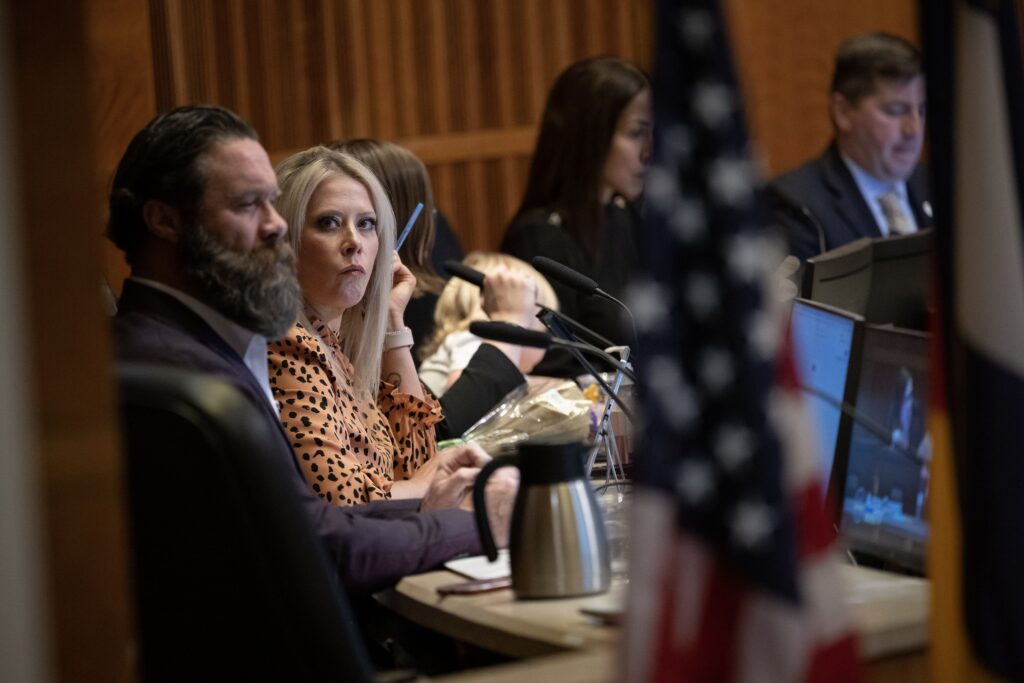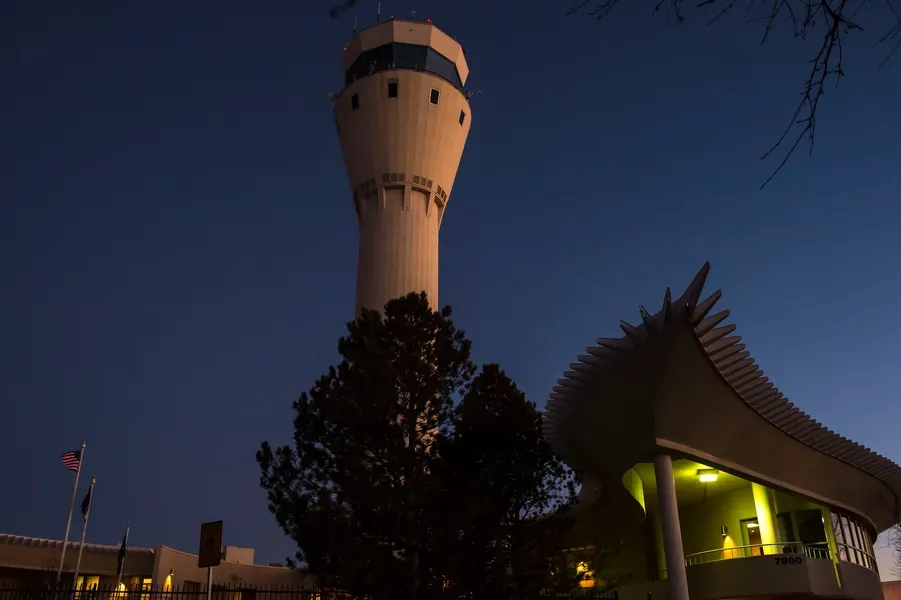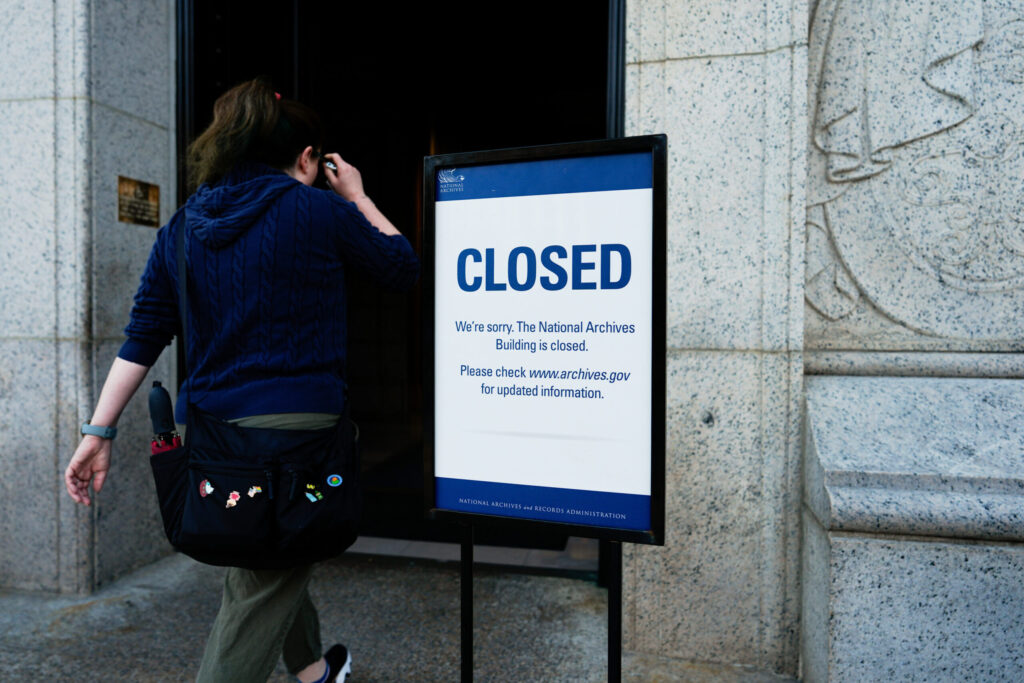Denver mayor extends Flock camera contract against council’s wishes
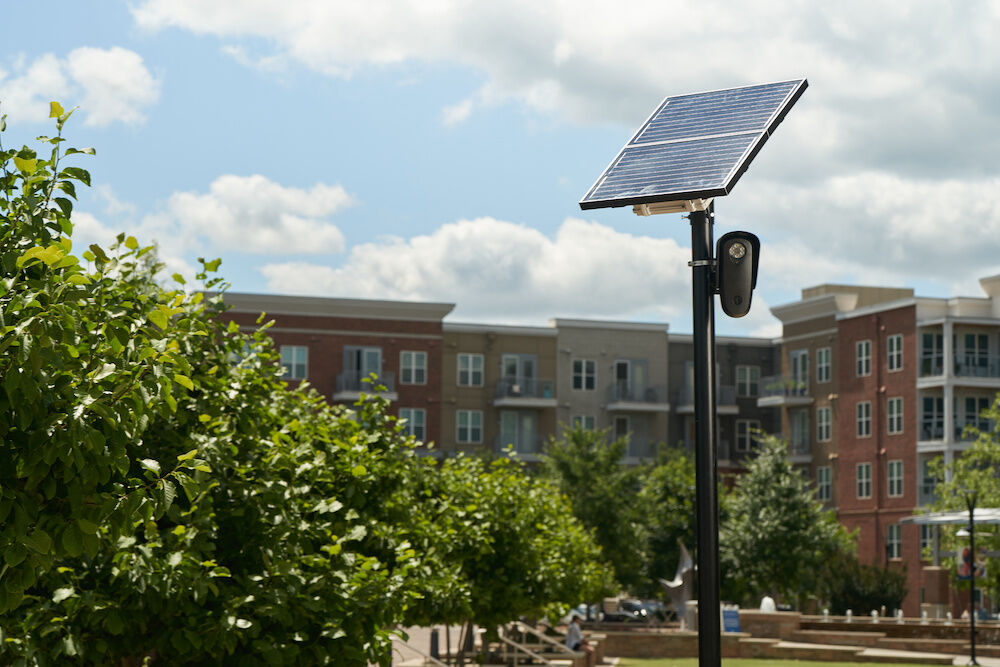
Just hours before a community town hall where critics were expected to push for Denver to immediately suspend the use of its Flock Safety license plate reading cameras, Mayor Mike Johnston announced on Wednesday that the city would be extending its contract with the Atlanta-based technology company.
That extension would come at no cost to the city, the Johnston administration announced. Under the extension, the camera security company must abide by several stipulations, notably the prohibition against sharing its data with federal authorities.
Critics have claimed that Flock Safety shares data with federal immigration authorities, and, in response, the Denver City Council rejected a two-year contract extension with the company.
Effective Oct. 22, access to Denver’s Flock LPR data has been shut off to all other agencies and, going forward, it will only be available to law enforcement agencies that sign a memorandum of understanding with Denver, a statement from Johnston’s office said.
The Johnston administration framed the no-cost, five-month contract as an opportunity to “evaluate unprecedented and strict new measures that ensure, beyond a shadow of a doubt, that license plate readers (LPRs) are used transparently and within local and state law.”
The contract extends camera usage in Denver through March 31, 2026, at which point the Johnston administration will, if all conditions have been met, present a contract to the City Council for approval of a long-term agreement, under which Flock will presumably get paid again.
City officials said that any violations of the restrictions by Flock Safety will carry severe monetary penalties – $100,000 in damages for any breach or improper release of city data – and could result in the contract’s dissolution.
Additionally, Flock will agree to only allow search terms for a select number of crimes, and no federal agents would be permitted to search Denver’s data, even if they are assigned to a Denver task force.
“I’ve been asking for strong guardrails around use of this technology, and this new structure provides them,” said Councilmember Kevin Flynn, who is serving on the task force put together to create policies for Flock’s cameras. “The system has already proved its worth in solving crimes around the city. We can boost safety while ensuring the data is restricted.”
Critics, including the ACLU and some members of the Denver City Council, have pushed back on the city’s use of the technology, citing overreach and alleging misuse of the imagery and data captured.
Supporters said police agencies have begun to look to technology to help fill critical gaps and clear cases, often referring to the camera system as a “force multiplier,” a military term that refers to a resource that enhances a unit’s combat power beyond what its raw troop numbers and capacities may suggest.
The Denver police have credited the notable reduction in auto theft to the city’s network of license plate reading cameras, while Douglas County Sheriff Darren Weekly said tools like Flock “are force multipliers that allow us to fight crime proactively and effectively.”
Flock’s contract extension in Denver caught some councilmembers by surprise.
“I was stunned to learn late yesterday that after convening a task force of local and national experts, Mayor Johnston has been negotiating secretly with the discredited CEO of Flock Safety and signing another unilateral extension of this mass surveillance contract with no public process and no vote from the City Council or input from his own task force,” Councilmember Sarah Parady told The Denver Gazette.
Parady added said what Johnston is calling the “Denver plan” is just a “version” of Flock’s product that has always been available and what the city had originally signed up for – “a version where we do not participate in massive data networks with other jurisdictions.”
“The mayor always had the ability to remove the FBI officers DPD invited into our system and to restrict data sharing outside the city,” Parody added. “His delay in doing so is inexcusable, and Flock’s mass surveillance system remains incredibly dangerous for Denver regardless of this belated step.”
Councilmember Flor Alvidrez said Denver City Council rejected the contract, citing concerns over government bypassing community accountability.
“I’m tired of seeing major public safety decisions made behind council’s back,” Alvidrez said in a statement to The Denver Gazette. “Extending Flock again without a vote undermines democratic oversight and public trust.”
“Even with new promises,” she added, “I remain deeply concerned about how this surveillance data could be accessed or misused by other jurisdictions, especially those looking to prosecute women or pregnant people seeking reproductive healthcare in Denver.
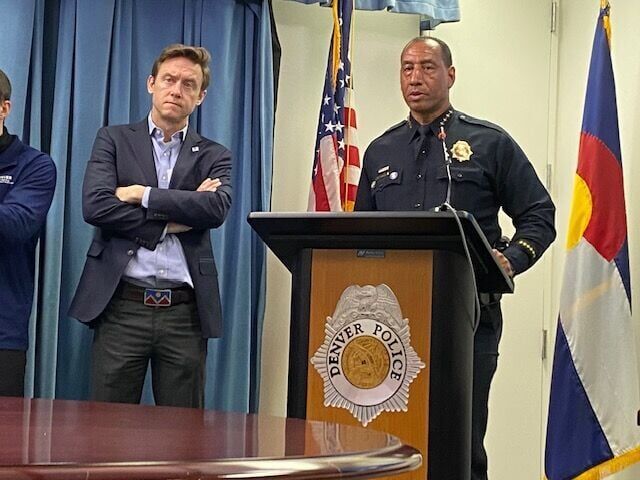
Johnston called the move a way to ensure technology is “wielded responsibly” and that the city’s data stays out of the federal government’s hands.
“I’ve made clear to Flock’s leadership that I expect total transparency and that anything less will result in an end to our relationship,” Johnston said. “To their credit, they have agreed to our terms and will build a Denver-specific package that will lead the way in using this technology for the public good.”
Agencies must negotiate an agreement with Denver, with the understanding that any data sharing with the federal government regarding civil immigration enforcement will result in an immediate loss of access and referral to the Colorado Attorney General’s Office for prosecution.
Shortly before the Denver City Council rejected a two-year contract extension with Flock, the DPD quietly opted out of the national lookup feature tied to more than 100 solar-powered, license plate-reading cameras across the city.
The 24-month extension was valued at $666,000, or approximately $27,750 per month for 111 solar-powered cameras across 70 location citywide.
A spokesperson from the department’s media relations team confirmed that DPD disabled the feature on April 8, 2025 and has been limiting outgoing and incoming searches to “statewide look-up.”
Prior to the City Council vote, the contract with Flock was met with weeks of public outcry over concerns surrounding information sharing and possible use of data from the ALPRs for mass surveillance and to target illegal immigrants.
Staffing shortages among law enforcement agencies have been a top concern for many municipalities, and recruitment and retention numbers are also suffering, according to a 2023 study by the Police Executive Research Forum, an independent police policy research organization.
“It is not an exaggeration to say that individuals suspected of the worst crimes could still be on the streets if not for this technology,” Denver Police Chief Ron Thomas said in a statement, referring to Flock cameras. “Denver police have always used license plate readers responsibly and we will continue to do so under these new safeguards.”



